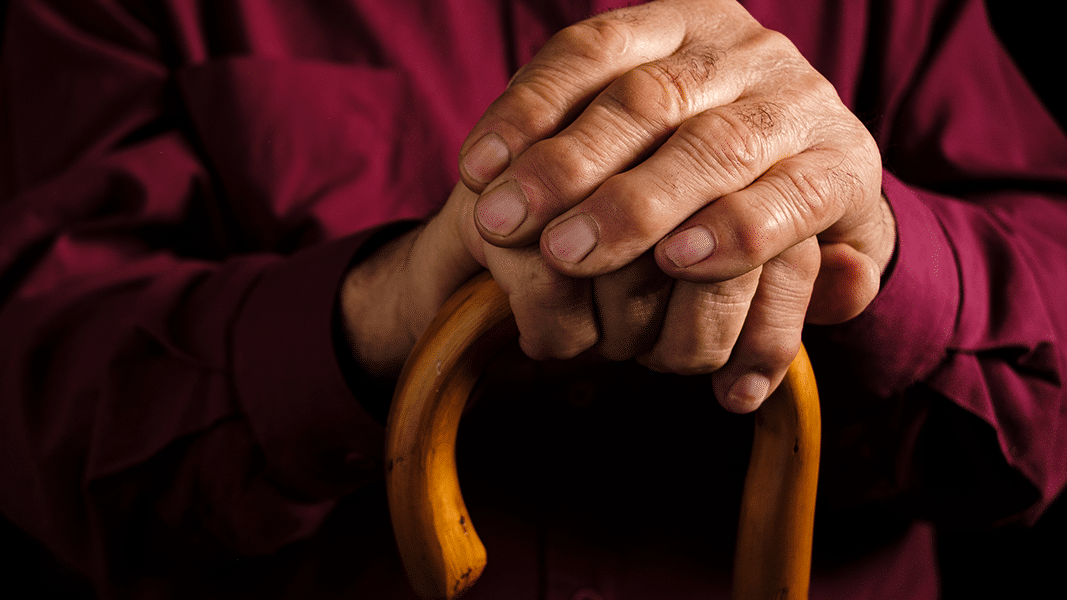Cannabinoids seem promising for treating the symptoms or progression of rheumatoid arthritis. But in the name of caution, many doctors prefer no treatment rather than trusting anecdotal reports about cannabis for arthritic pain. There’s hope that this attitude may change with upcoming research from a group of Danish scientists who recently pre-registered a double-blind randomized controlled trial of cannabinoids’ effects on arthritic pain and ankylosing spondylitis.
The study will involve oral CBD treatment for 12 weeks, then an open label add-on of THC for those who don’t respond well enough to cannabidiol alone. Patients in this study will initially be given 10-30 mg CBD, which is a small dose for a CBD isolate. If this fails, they will be allowed 7.5 mg THC in the open-label portion of the study.
The primary question is whether cannabinoids will decrease self-reported pain, measured as a reduction of at least 2 points on a 10-point pain scale. The study is designed with the expectation that at least half of the participants taking CBD will report improvement, while only 20% of those in the placebo group will improve. If the effect of CBD is smaller than this 50% threshold, the study won’t be powered to detect what is called a statistically significant result. This choice of design is likely informed by earlier research on Sativex (a 1:1 CBD:THC sublingual spray) which found a decrease of 2-3 points on a 10-point pain scale.
Why is the study’s protocol registered in advance? The scientific method supposes that researchers are testing a specific hypothesis. But it is easy for researchers to modify their ideas in the face of new results, then present the data as proof of their new idea. Pre-registration forces researchers to state precisely what they are testing so that they have to match their conclusions, rather than their hypothesis, to the data.
Pre-registration – an integral part of the growing statistical reform movement – dramatically decreases the likelihood of false positive results. It also forces scientists to report negative results, which may be otherwise ignored as a failed experiment.
Adrian Devitt-Lee is a research scientist and longtime Project CBD contributor. © Copyright, Project CBD. May not be reprinted without permission.







